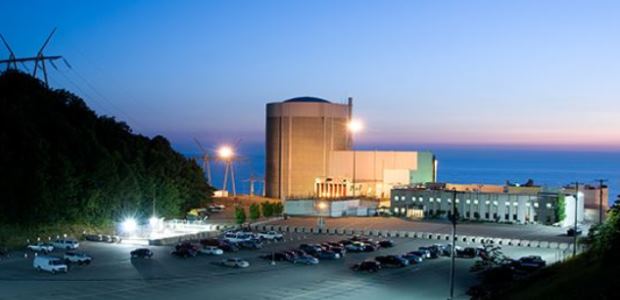
NRC Seeking Locations for Meetings on Decommissioning Plants
The Nuclear Regulatory Commission is seeking comments from the public on potential locations for a series of public meetings to discuss best practices for community engagement panels near decommissioning nuclear power plants
The Nuclear Regulatory Commission is asking for comments from the public on potential locations for a series of public meetings to discuss best practices for community engagement panels near decommissioning nuclear power plants. The request is an initial step under the Nuclear Energy Innovation and Modernization Act, signed into law in January 2019.
The agency reported that the law included, among other things, a requirement that NRC submit a report to Congress on best practices for community engagement panels in areas surrounding nuclear power plants that have ceased operations and begun decommissioning. In developing a best practices report, NRC plans to consult with host states, communities within the emergency planning zone of a nuclear power reactor, and existing local community advisory boards.
The agency intends to hold at least 10 public meetings in locations that ensure geographic diversity across the United States, with priority given to states that have a nuclear power reactor currently undergoing the decommissioning process and request a public meeting under this provision of NEIMA. In a March 18 Federal Register notice, NRC gave instructions for submitting comments through the federal government's rulemaking website, Docket Number NRC-2019-0073. Comments may also be mailed to Office of Administration, Mail Stop: TWFN–7– A60M, U.S. Nuclear Regulatory Commission, Washington, DC 20555– 0001, ATTN: Program Management, Announcements and Editing Staff.
Comments will be accepted through April 17.
The best practices report is scheduled to be issued to Congress by June 2020. It will include a discussion of the composition of existing community advisory boards and best practices identified during the establishment and operation of such boards, such as logistical considerations, frequency of meetings, and the selection of board members.